UNC3944 Hackers Evolves from SIM Swap to Ransomware and Data Extortion
The cybercriminal group UNC3944, which overlaps with public reporting on Scattered Spider, has demonstrated a significant evolution in tactics over the past two years. Initially focusing on telecommunications-related organizations to facilitate SIM swap operations, the group has transformed into a more sophisticated threat actor deploying ransomware and engaging in data theft extortion. This financially-motivated threat […] The post UNC3944 Hackers Evolves from SIM Swap to Ransomware and Data Extortion appeared first on Cyber Security News.

The cybercriminal group UNC3944, which overlaps with public reporting on Scattered Spider, has demonstrated a significant evolution in tactics over the past two years.
Initially focusing on telecommunications-related organizations to facilitate SIM swap operations, the group has transformed into a more sophisticated threat actor deploying ransomware and engaging in data theft extortion.
This financially-motivated threat actor is characterized by persistent social engineering techniques and unusually direct communications with victims, establishing them as a formidable presence in the cybercrime landscape.
The group first gained notoriety through targeted SIM swap operations, where they would gain unauthorized access to victims’ mobile phone accounts, allowing them to intercept SMS-based authentication codes and compromise additional accounts.
These operations primarily targeted telecommunications companies and service providers where access to customer account management systems could be leveraged to facilitate these attacks.
Mandiant Incident Response researchers identified a strategic pivot in early 2023, when UNC3944 expanded their operations beyond SIM swapping to include ransomware deployment and data theft extortion.
This evolution marked a significant escalation in both their technical capabilities and the potential impact of their attacks, reflecting a broader trend among cybercriminal groups seeking more lucrative payouts.
The group’s targeting patterns reveal a calculated approach to victim selection. UNC3944 primarily focuses on organizations in English-speaking countries including the United States, Canada, the United Kingdom, and Australia, with more recent campaigns expanding to Singapore and India.
Their victims span multiple sectors, with particular emphasis on Technology, Telecommunications, Financial Services, and Business Process Outsourcing (BPO) organizations.
They deliberately target large enterprise organizations with extensive help desk operations and outsourced IT functions, which are more susceptible to their social engineering tactics.
Recent intelligence suggests a temporary decline in UNC3944 activity following law enforcement actions in 2024 against individuals allegedly associated with the group.
However, security researchers warn this lull may be temporary, as the group maintains connections to broader cybercriminal networks that could help them recover operations.
Recent public reporting has linked actors using similar tactics to attacks on UK retail organizations involving DragonForce ransomware, suggesting a possible resurgence or continued evolution of their operations.
Social Engineering: The Core of UNC3944’s Attack Methodology
At the heart of UNC3944’s success lies their sophisticated social engineering techniques.
The group excels at manipulating help desk personnel to bypass security controls, particularly during the identity verification process.
They frequently contact IT support staff impersonating legitimate employees requesting password resets or multi-factor authentication (MFA) changes.
Their social engineering arsenal includes:-
CloudAppEvents
| where Application == "Microsoft Teams"
| where ActionType == "ChatCreated"
| extend HasForeignTenantUsers = parse_json(RawEventData)["ParticipantInfo"]
| extend DisplayName = parse_json(RawEvent[
| where IsExternalUser == 1 or HasForeignT\epsilon
| where DisplayName contains "help" or Accc or AccountId contains "help"This detection code exemplifies how organizations can identify one of UNC3944’s common tactics: impersonating help desk personnel through collaboration platforms like Microsoft Teams.
The group often creates convincing profiles with names containing terms like “help” or “support” to establish legitimacy when contacting potential victims.
The group’s social engineering tactics extend beyond digital impersonation. They conduct thorough reconnaissance to gather personally identifiable information about their targets, enabling them to answer common security verification questions.
.webp)
In some extreme cases, they’ve been known to employ intimidation tactics, including doxxing threats, to pressure users into compliance with their requests.
UNC3944’s methodology demonstrates that even sophisticated technical defenses can be circumvented through human manipulation, reinforcing the critical importance of comprehensive security awareness training alongside technical controls.
Are you from the SOC and DFIR Teams? – Analyse Real time Malware Incidents with ANY.RUN -> Start Now for Free.
The post UNC3944 Hackers Evolves from SIM Swap to Ransomware and Data Extortion appeared first on Cyber Security News.


















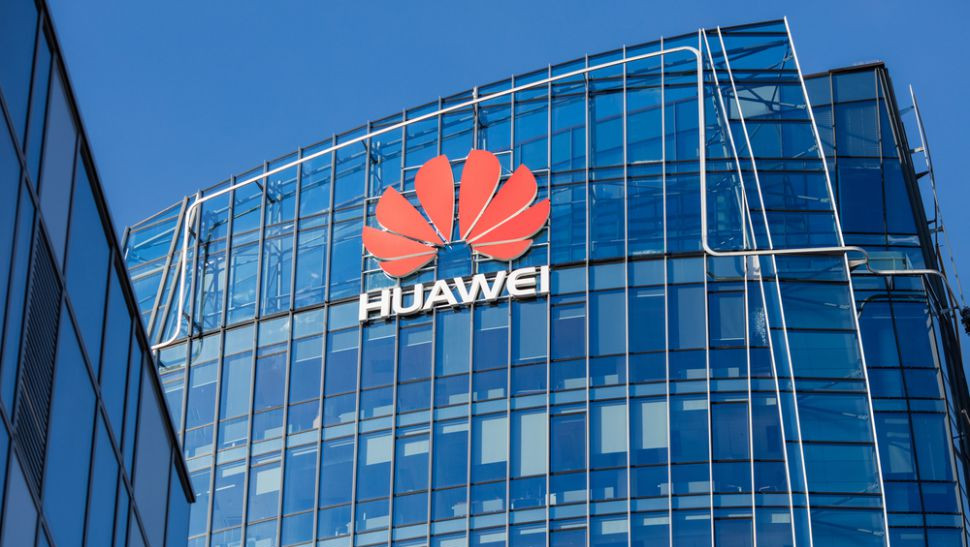





















































































































































![[The AI Show Episode 146]: Rise of “AI-First” Companies, AI Job Disruption, GPT-4o Update Gets Rolled Back, How Big Consulting Firms Use AI, and Meta AI App](https://www.marketingaiinstitute.com/hubfs/ep%20146%20cover.png)







































































































































































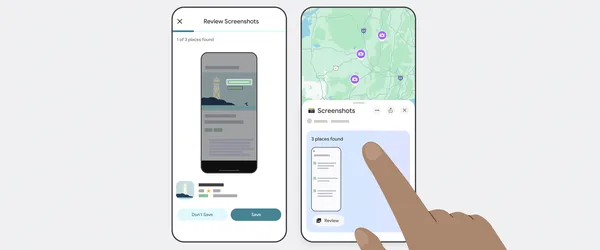































































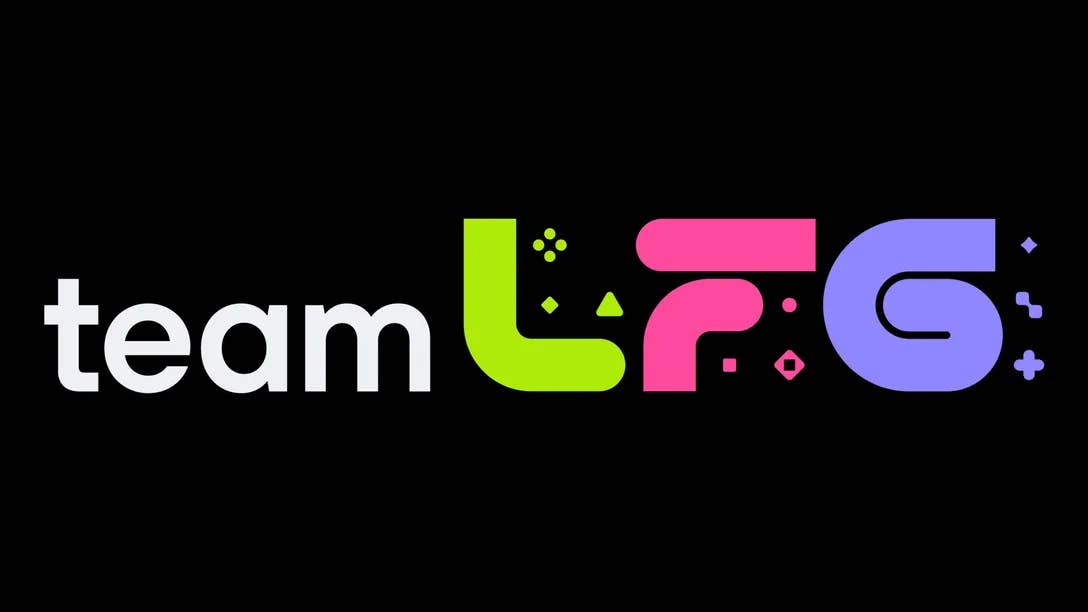























































































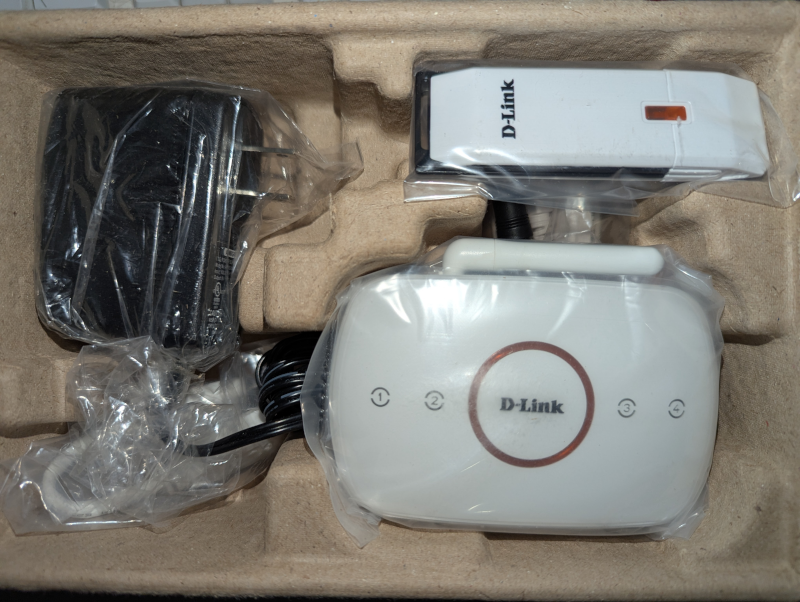





















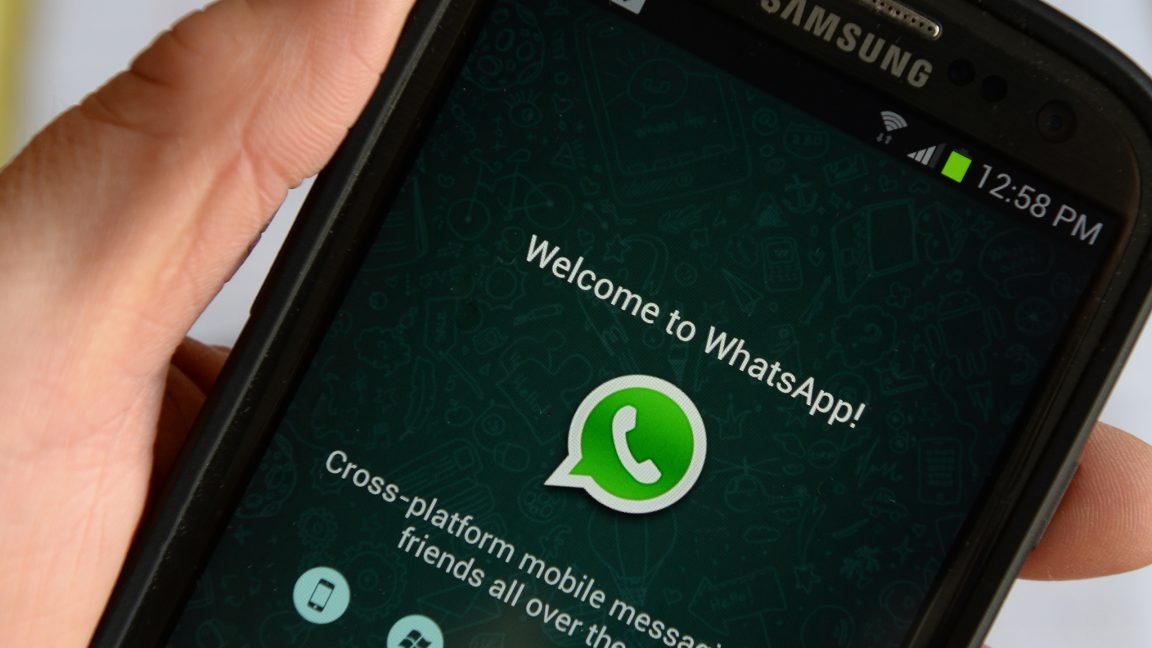






























![Beats Studio Pro Wireless Headphones Now Just $169.95 - Save 51%! [Deal]](https://www.iclarified.com/images/news/97258/97258/97258-640.jpg)




























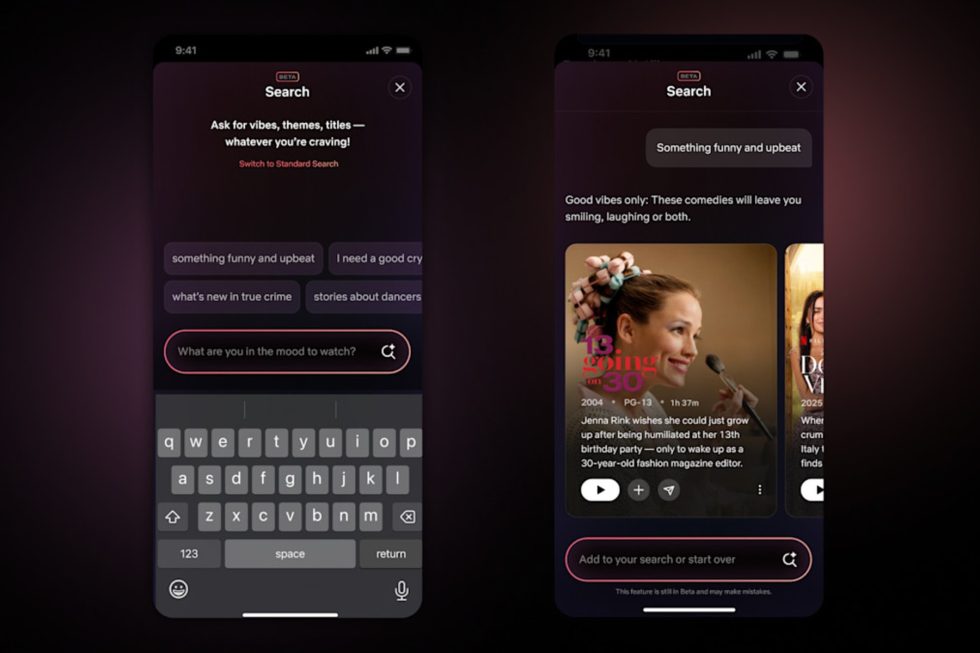
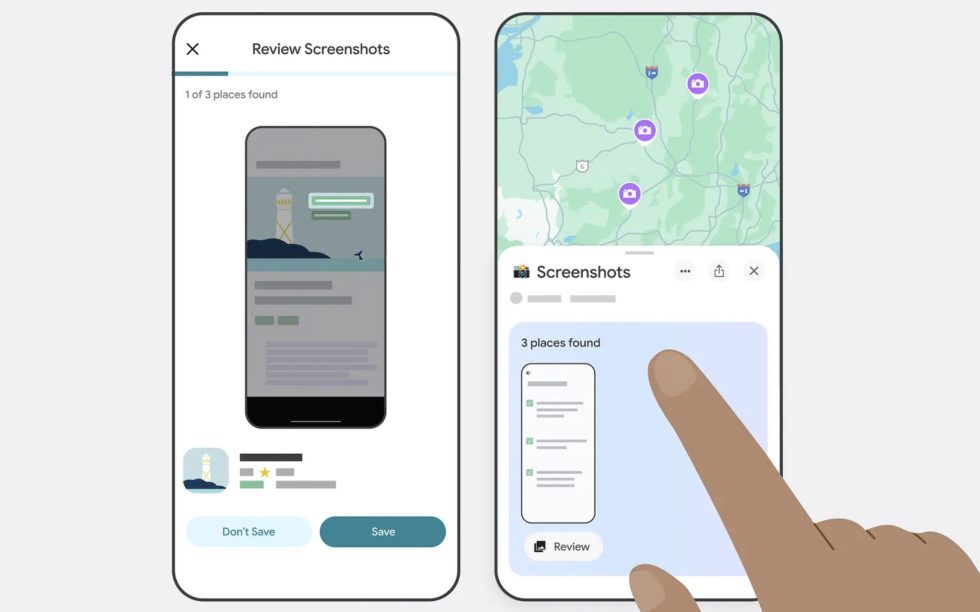
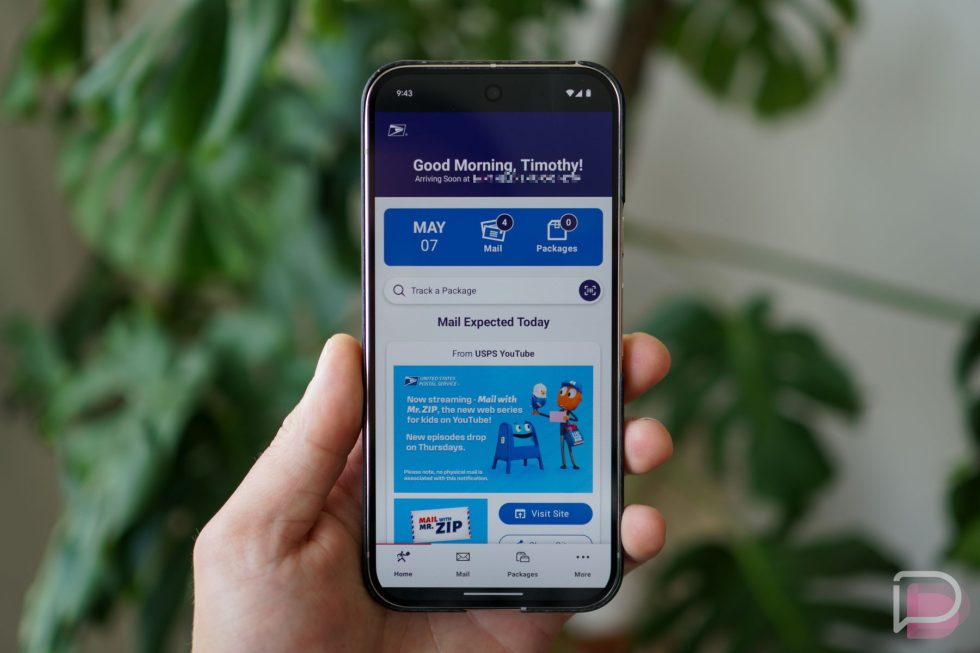

























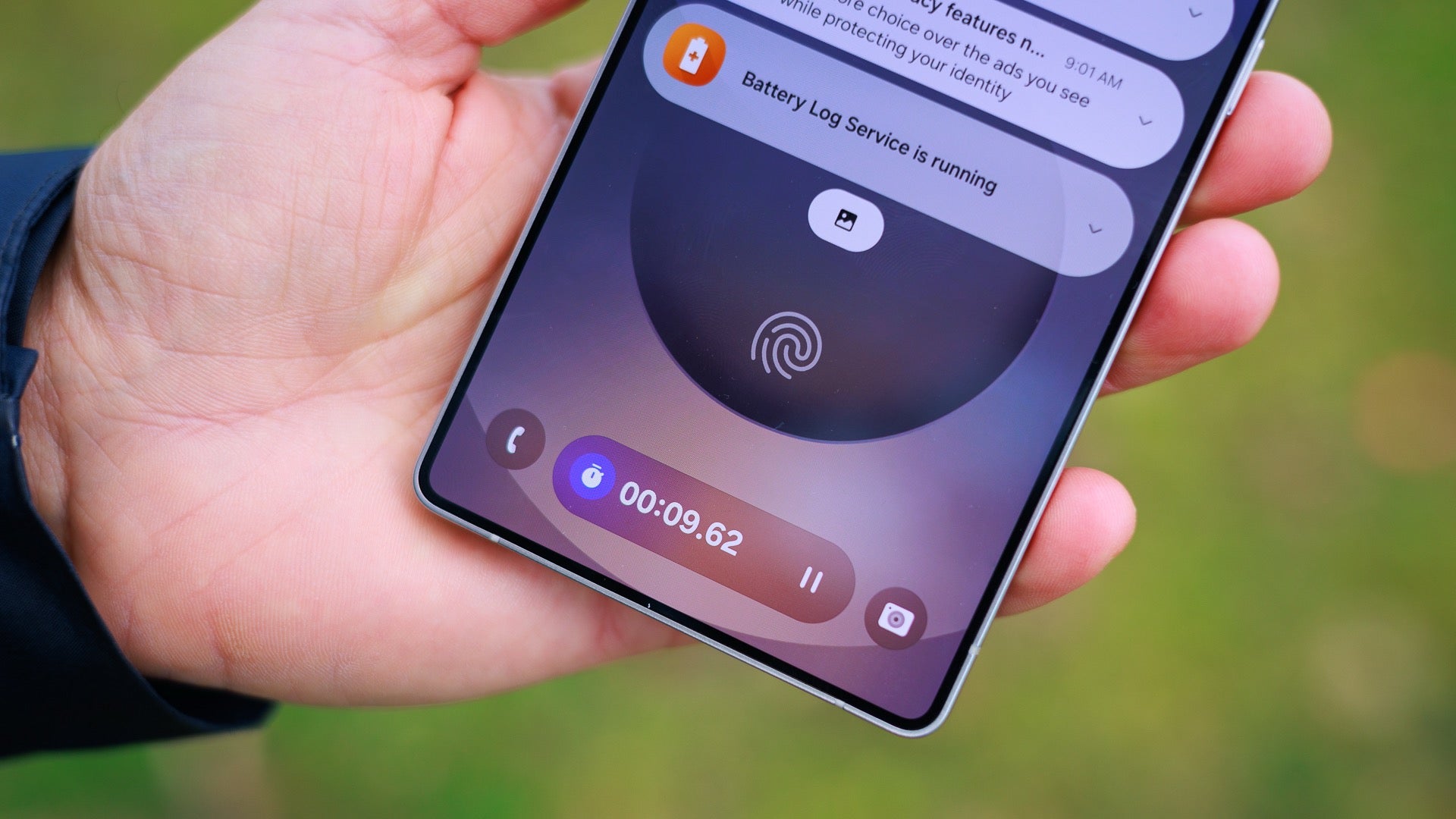
















































.webp?#)
